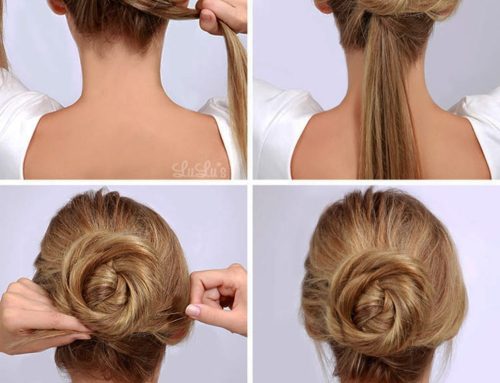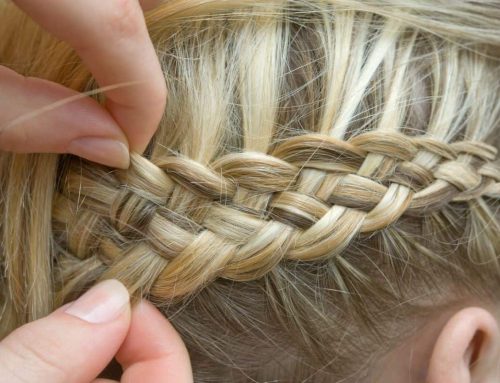Introduction to the Topic
A refreshing bath or shower in the evening can be a wonderful way to unwind after a long, chilly day. Many people include washing their hair in their nighttime routine, but there’s an ongoing debate about whether going to bed with wet hair is a wise choice. While it’s commonly believed that sleeping with wet hair can lead to various issues like catching a cold or hair breakage, scientific evidence supporting these claims is scarce. Nevertheless, it’s essential to consider the potential side effects and take appropriate measures to care for your hair while sleeping. In this article, we delve into the effects of sleeping with wet hair and offer practical advice for hair care at night.
Exploring the Drawbacks of Sleeping with Wet Hair
Whether it’s the sweltering heat of summer or the frosty chill of winter, sleeping with wet hair isn’t just detrimental to your hair; it can also impact your overall health. Despite ongoing discussions, most experts agree that this habit is best avoided due to its potential side effects. Let’s examine some of the repercussions of sleeping with wet hair.
1. Hair Breakage
Hair is most vulnerable to damage when it’s wet, making it prone to breakage, especially as you toss and turn during sleep.
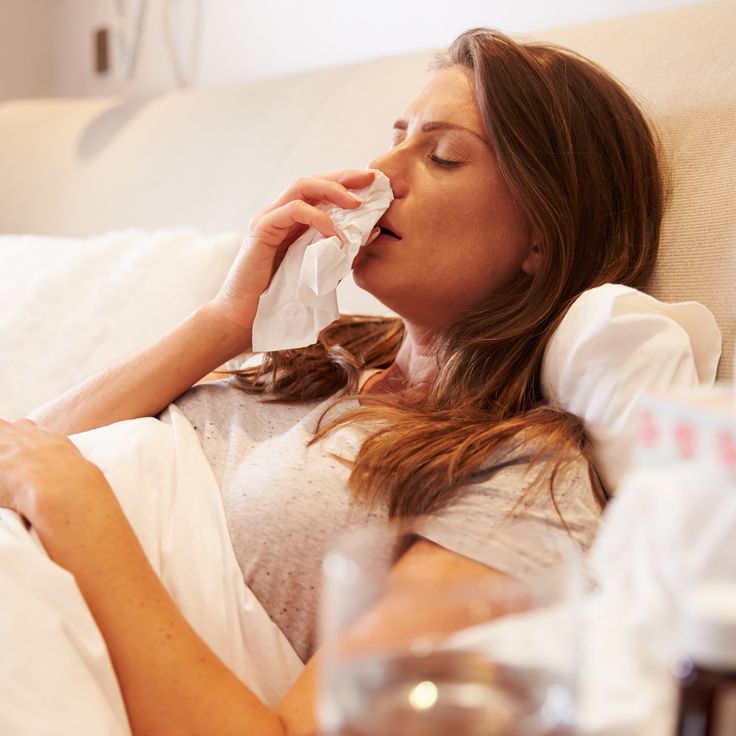
2. Risk of Catching a Cold
In colder environments, sleeping with damp hair can make you more susceptible to feeling chilly, potentially leading to colds and sore throats.

3. Impact on Immune System
While not directly causing severe illnesses, sleeping with wet hair can lower body temperature, potentially compromising the immune system’s ability to fend off common ailments like colds.
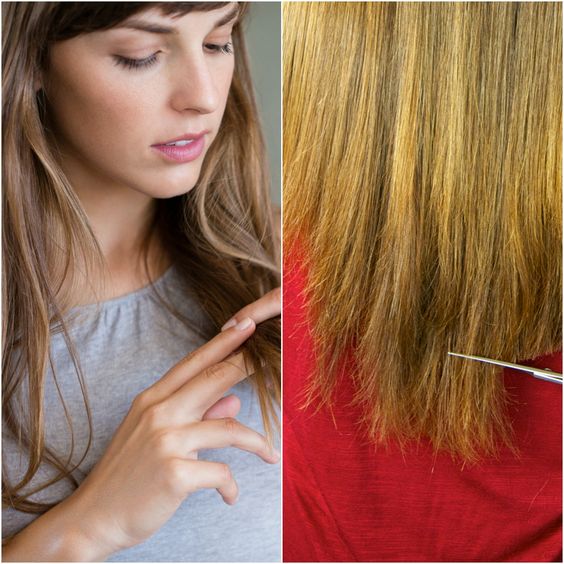
4. Dandruff Formation
Moisture from wet hair, coupled with warmth from the scalp, creates an ideal environment for fungi and bacteria to thrive, leading to dandruff and itchiness.
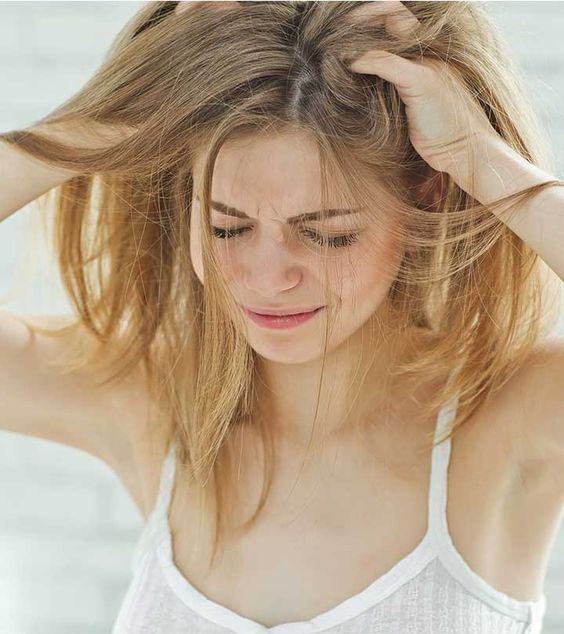
5. Acne Development
The accumulation of bacteria and fungi on pillows due to wet hair can contribute to acne breakouts, necessitating proper hair drying before bedtime.
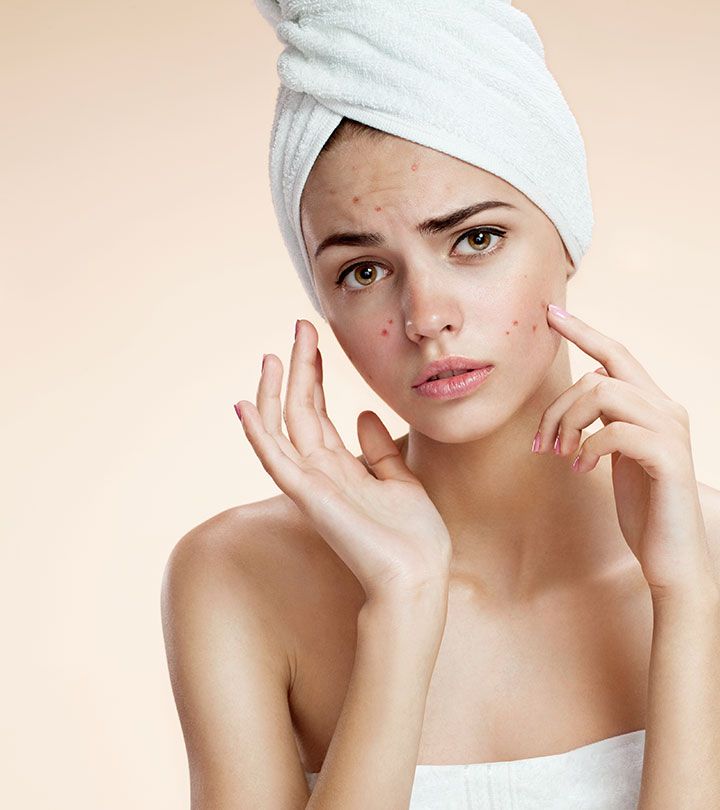
6. Dull Hair and Hair Loss
Moisture absorption by bedding can strip hair of natural oils, resulting in dullness and dehydration. Additionally, sleeping with wet hair may lead to hair loss and scalp infections.
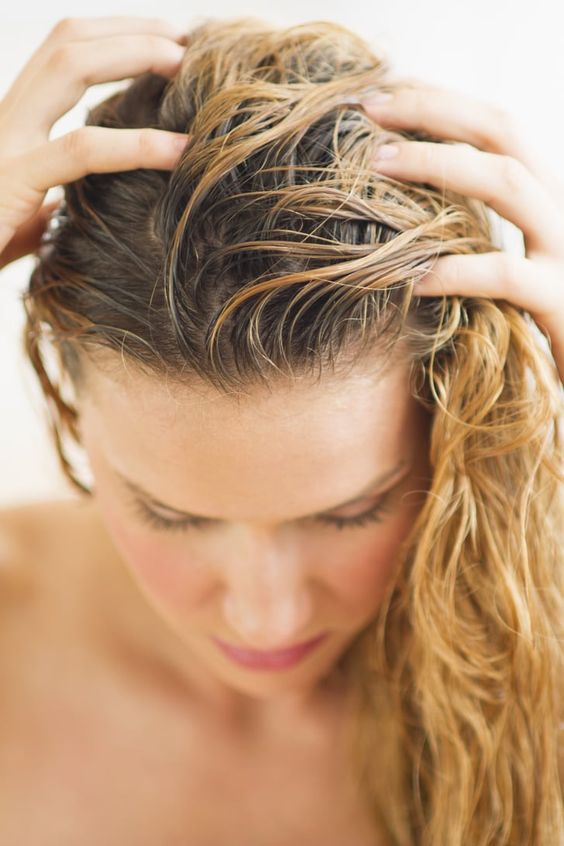
7. Scalp Infections
The warm, moist environment created by wet hair and bedding fosters the growth of bacteria and fungi, potentially causing scalp infections.
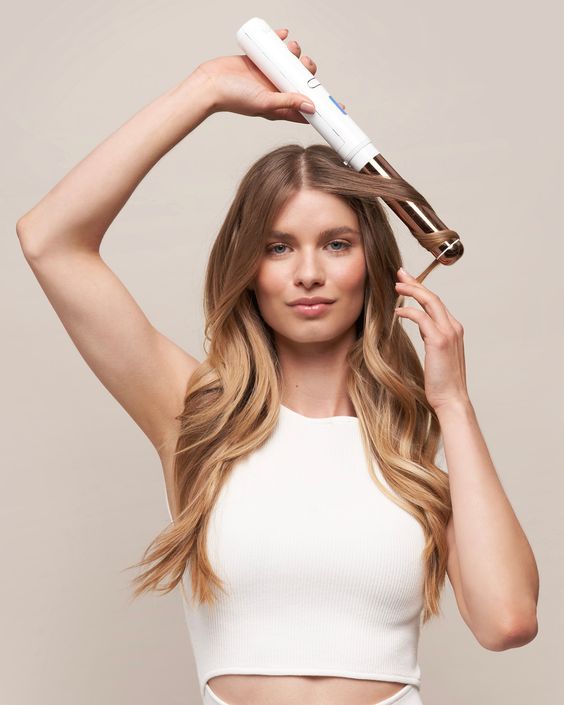
8. Increased Dependency on Hair Styling Products
Sleeping with wet hair often results in an unkempt appearance upon waking, necessitating the use of various styling products to manage hair, leading to increased expenditure and potential hair damage.
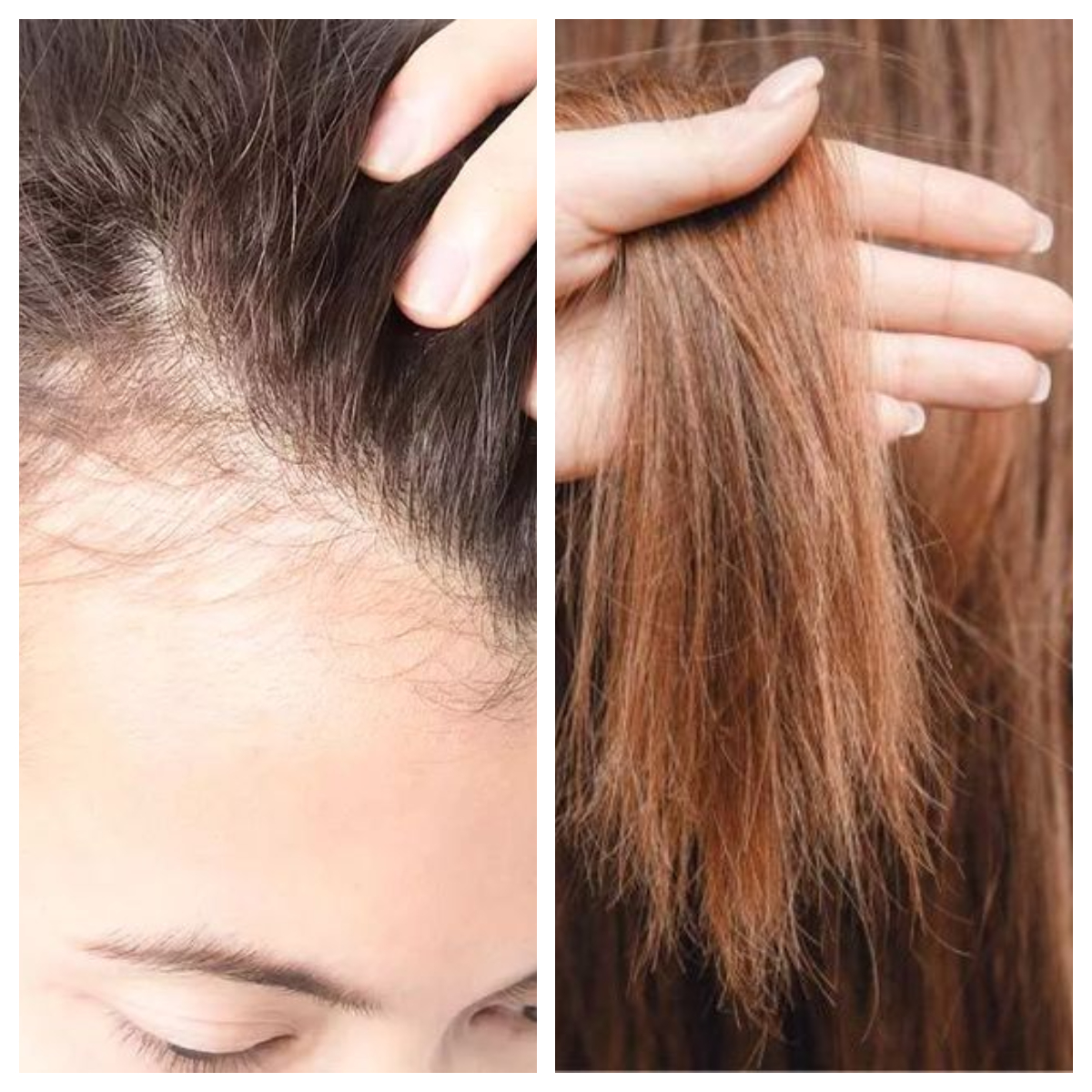
Tips for Sleeping with Wet Hair
For those who find themselves needing to sleep with wet hair, here are some helpful tips to minimize potential damage:
1. Shower Earlier in the Evening
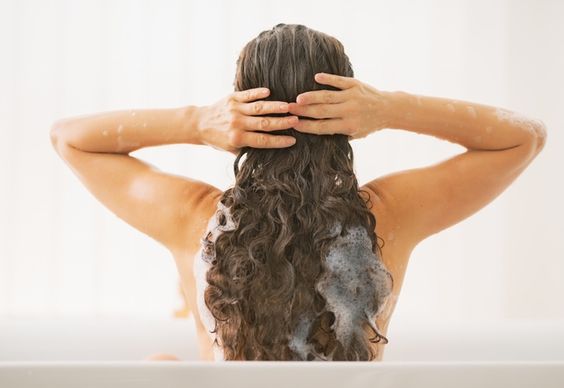
Adjust your nightly routine to allow your hair time to air dry before bed by showering earlier in the evening.
2. Opt for Loose Hairstyles
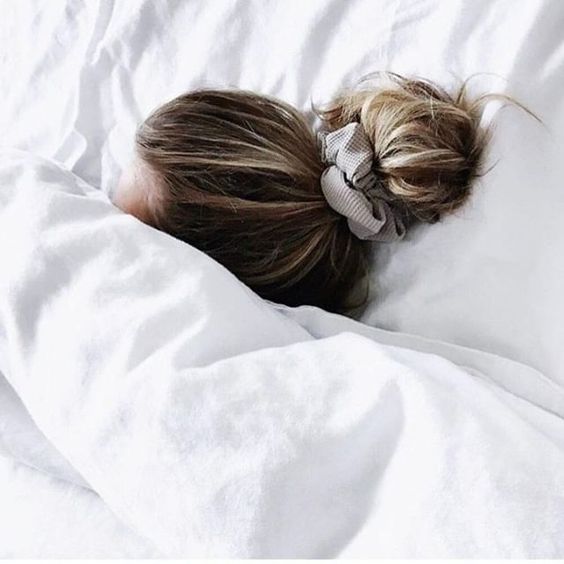
Choose loose hairstyles like buns or gentle braids to minimize tension on wet hair, reducing the risk of breakage.
3. Use Leave-In Conditioners
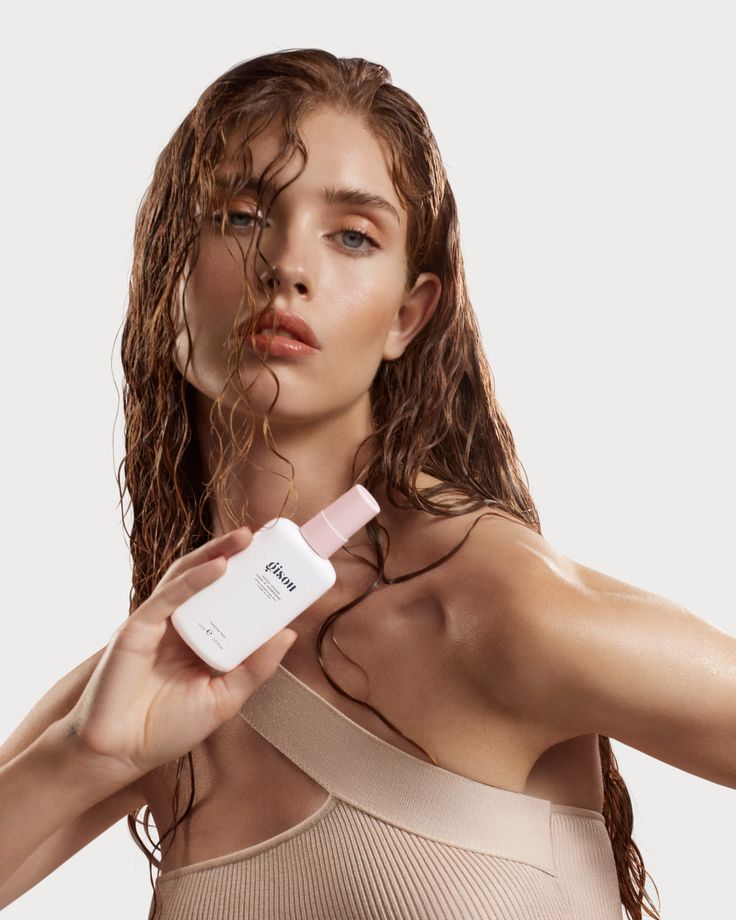
Incorporate leave-in conditioners into your nighttime hair care routine to moisturize and detangle hair, promoting overall hair health.
4. Invest in Silk Bedding
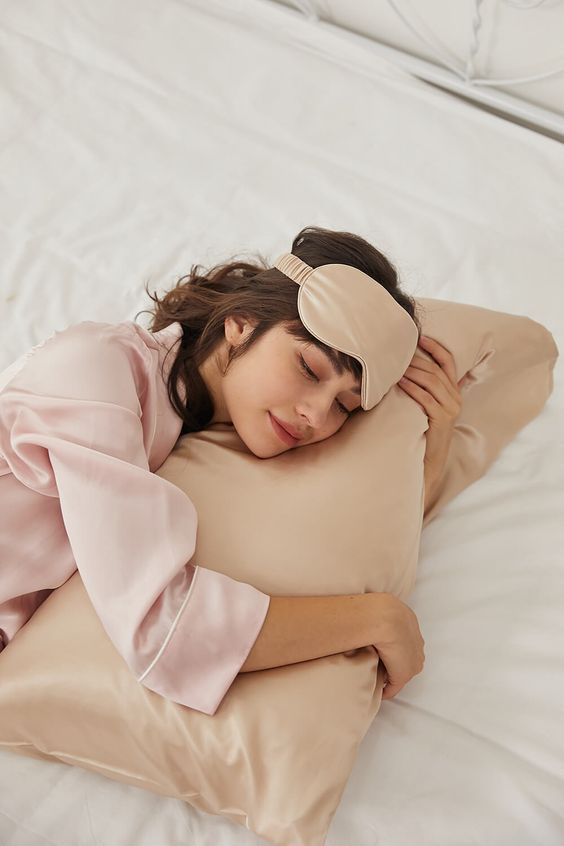
Switch to silk or satin pillowcases, scarves, or hats to minimize friction and maintain hair moisture while sleeping.
5. Change Bedding Regularly
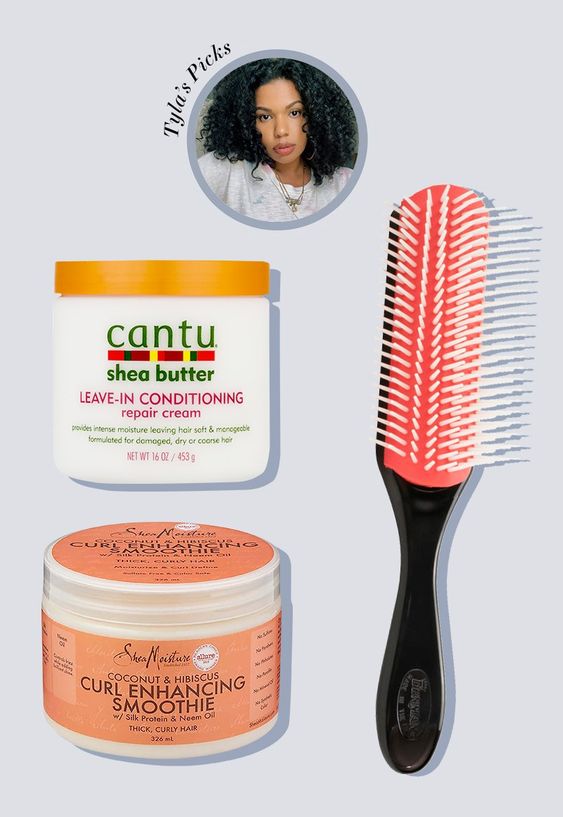
Frequently change pillowcases and bed linens to prevent the accumulation of bacteria and fungi from wet hair.
Conclusion
In conclusion, allowing your hair to dry completely before bedtime is crucial for maintaining healthy hair and scalp. While sleeping with wet hair may seem harmless, it can lead to various issues that affect both hair health and overall well-being. By following the suggested tips, you can minimize the negative effects and wake up with healthier, more manageable hair.
Image Credits: Google, Pinterest, YouTube.
